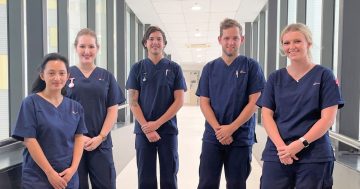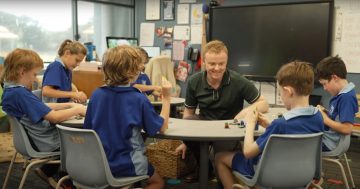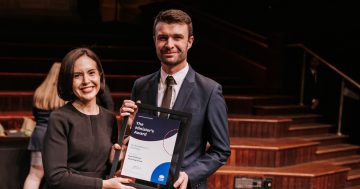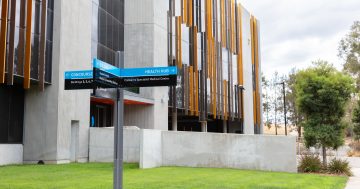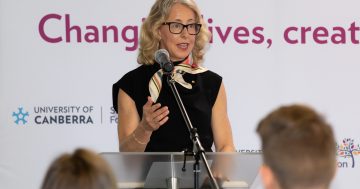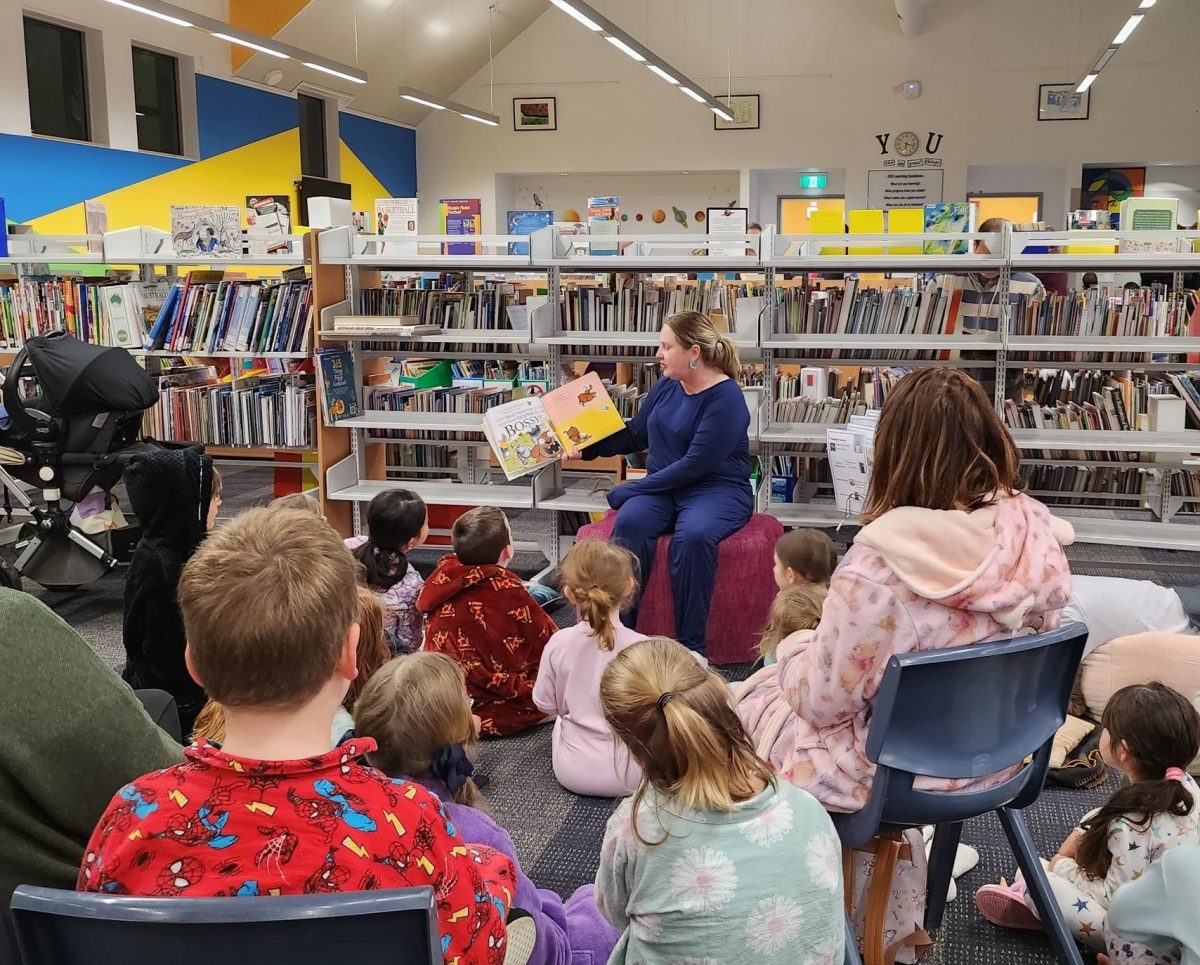
The partnership between UC and the ACT Government aims to improve professional development opportunities for teachers at every stage of their careers. Photo: ACT Public Schools Facebook.
University of Canberra education students will be given even more opportunities to complete practical placements during their degree as part of a renewed agreement with the ACT Government.
The university and government have signed a new five-year $12.8 million Affiliated Schools Agreement (2024-2028), which builds on work that began in 2019.
Education Minister Yvette Berry said the program had been designed to improve student outcomes through professional learning for pre-service and current teachers, along with research in schools.
Discussions in 2023 updated and expanded the program, with 25 affiliated schools for the next five years.
Changes to the program include making teaching placements for UC students available at all ACT public schools while also broadening school-based teaching clinics to non-affiliated schools.
UC Education Faculty executive dean Professor Barney Dalgarno described the placement program as the “envy” of all Australian universities that offer teaching degrees.
“Through this partnership, we’re able to offer a greater number and diversity of placements than any other university in Australia,” he said.
“When [students] finish, they are more classroom-ready.”
Fourth-year student Imogen Bailey said experiencing the classroom from her first year to now meant she felt more confident when she became a pre-service teacher.
“I’ve experienced a variety of students and learned how to teach those students, built my pedagogy up … now that I’m teaching, I get to use those strategies in the classroom,” she said.
“[We can] get into the classroom early on and start learning how to teach in the classroom with a wide range of students, get engaged with different teachers and their different strategies, and learn and pull from all of their resources.”
Other changes mean all ACT public school teachers can participate in more professional development and learning opportunities across postgraduate and micro-credential courses and scholarships to study a Master of Education (Professional Practice).
There’ll be a broadening of the research program to include non-affiliated schools when they’ve partnered with an affiliated school, strengthening the sharing of research, creating a new mentoring program (to be co-designed and implemented at affiliated schools in the first instance), and offering secondments to the University of Canberra and enhancing the Teachers as Researchers program for ACT public school teachers from affiliated schools.
Professor Dalgarno said these were important changes to increase the reach of the program across the Territory.
“We’re really trying to make sure that the collaborative research between teachers and academics has impact on all of the schools in the ACT, and we’re really trying to also broaden the benefits of the placements and the clinical model … to all teachers of the ACT rather than just [those] at the affiliation schools,” he said.
“What sets this partnership apart is the prioritisation of professional development through all stages of a teacher’s career.”
UC interim Vice-Chancellor Professor Lucy Johnston said the strong ties created between the university and the government through this agreement meant they could deliver teacher education programs that had greater engagement with a more diverse range of schools “than any other provider nationally”.
“Collaboration is the common thread connecting each element of the Affiliated Schools Agreement. From co-designed, school-based research that has direct value and impact for ACT public schools to mutually beneficial secondment opportunities,” she said.
“The flow of expertise goes both ways and benefits the University, ACT public schools, current and future teachers, and school students.”
Original Article published by Claire Fenwicke on Riotact.


